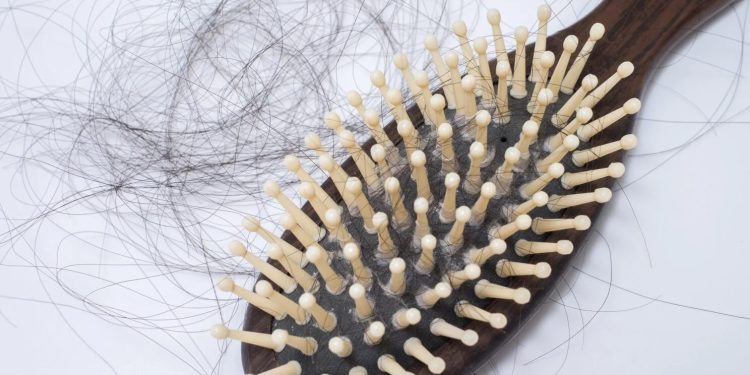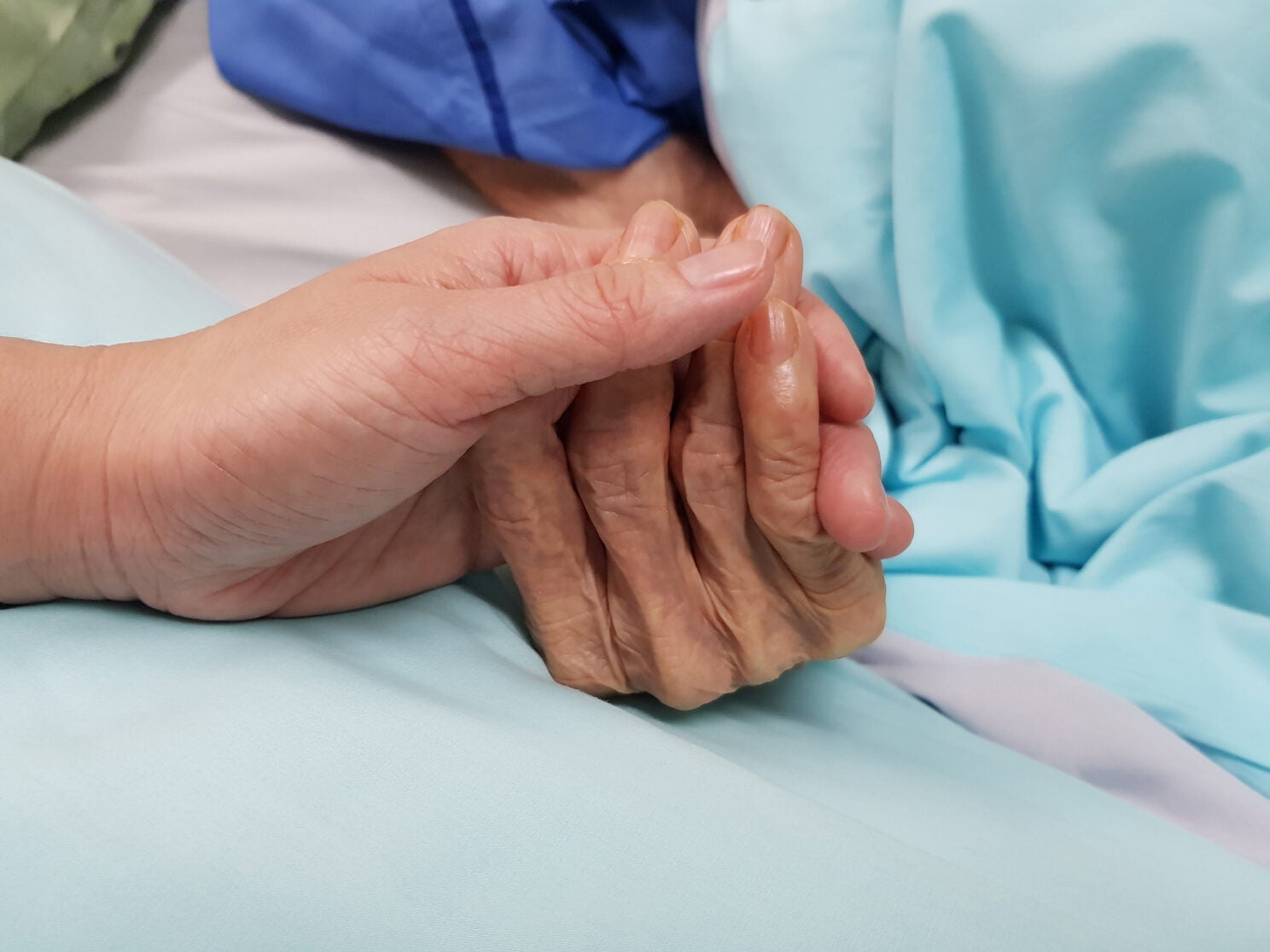Getty Images
Health
Researchers reverse hair loss caused by alopecia
Treatment holds promise for painlessly targeting affected areas without weakening immune system
Researchers have developed a novel treatment to reverse hair loss caused by the autoimmune disease alopecia areata, using a microneedle patch to painlessly target affected areas of the skin.
Alopecia areata causes hair loss when T cells mistakenly attack follicles. To restore control over hyperactive immune cells, researchers from Brigham and Women’s Hospital and MIT delivered T cell regulators directly to sites of hair loss to halt autoimmune activity. Findings, published in Advanced Materials, demonstrated marked and lasting increases in hair regrowth in mice models of the disease.
Our immune system evolved to safeguard against the overactivation that occurs in autoimmune conditions. In alopecia areata, the specialized cells known as Regulatory T cells (T-regs) fall short in protecting hair follicles. Current immunosuppressants used to treat alopecia areata target both T cells and T-regs, failing to address the core issue and increasing the risk of disease recurrence once treatment stops. By suppressing the entire immune system, they leave patients vulnerable to infections.
Rather than globally suppressing the immune system, the approach tested in this study locally restores immune activity directly at sites of hair loss by increasing levels of T-regs. This targeted approach was achieved with a microneedle patch, which delivers drugs across the tough outer layer of skin more effectively than topical creams and avoids stimulation of pain receptors located deeper within the skin.
“Our strategy tackles two major challenges in treating autoimmune skin diseases,” said co-corresponding author Natalie Artzi of the Brigham’s Engineering in Medicine Division in the Department of Medicine. “Our patches enable local delivery of biologics, which, instead of suppressing the immune system, promote regulatory T cells in the skin. This restores immune balance and resolves the T cell attack on hair follicles, offering a potential long-term solution without compromising the immune system’s ability to defend against infections and malignancies.”
“When it comes to autoimmune-mediated skin diseases, where we have direct access to the skin, we must surpass the use of systemic immunosuppressants that shut down the entire immune system,” said co-corresponding author Jamil Azzi, an immunologist in the Brigham’s Renal Division in the Department of Medicine. “While topical therapy often fails to penetrate the skin’s outer layer, our patches improve the local delivery of biologics to the deeper layers of diseased skin and reprogram the immune system to generate tolerance at the site of antigen encounter.”
“Our strategy tackles two major challenges in treating autoimmune skin diseases.”
Natalie Artzi
The researchers, including co-first authors Nour Younis and Núria Puigmal, both of Brigham’s Department of Medicine, observed with RNA sequencing that in alopecia tissues, there were changes in the STAT-5/Interleukin-2 (IL-2), a signaling pathway that promotes T-reg proliferation. IL-2 and CCL22, which the researchers had previously shown attract and expand the presence of T-regs in a specific area, were loaded into the microneedle patch. The patches were applied to mice models of alopecia 10 times over a course of three weeks, with more than eight weeks of observation. Hair regrowth was observed as early as three weeks after the initiation of treatment. The researchers also tested microneedle patches loaded with baricitinib, a drug approved for severe alopecia areata, but found that T-reg recruitment was inferior to that associated with the IL-2/CCL22 patch.
The microneedle patch also was found to have good shelf-life stability, improving prospects of its clinical translation. While the therapy is not ready for clinical use, the researchers are pursuing further development and testing. Additionally, they are exploring the possibility of applying their approach to other immune-mediated skin diseases, such as vitiligo and psoriasis.
“Microneedles offer a promising avenue for targeted and localized delivery of therapeutics to the skin,” said Artzi. “Their ability to precisely administer drugs directly to the affected area of the skin enables more effective modulation of the immune response while minimizing systemic side effects. This targeted approach holds great potential for improving treatment outcomes and reducing the burden of autoimmune and immune-mediated diseases on patients’ lives.”
Other co-authors from Brigham include Andrew Badaoui, Dongliang Zhang, Claudia Morales, Anis Saad, Diane Cruz, Nadim Al Rahy, Andrea Daccache, Triana Huerta, Christa Deban, Ahmad Halawi, John Choi, Pere Dosta, Christine Lian, and Abdallah El Kurdi.
Funding: The Department of Medicine at Brigham and Women’s Hospital supported this work through the Ignite Fund Award and the Shark Tank Fund Award.














